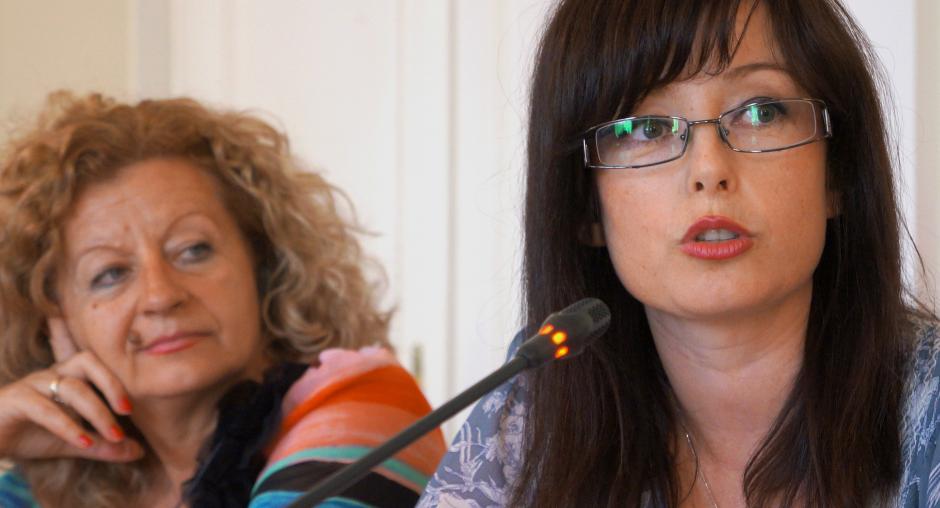OSCE workshop highlights strategies for effective gender-sensitive labour migration policies

Strategies for integrating a gender-sensitive approach into labour migration policies in accordance with OSCE commitments and international standards were the focus of a training session organized by the OSCE in Warsaw on 8 and 9 July 2013 for representatives of governments and civil society and field mission staff.
The course, organized by the Office of the Co-ordinator of OSCE Economic and Environmental Affairs (OCEEA) and the OSCE Office for Democratic Institutions and Human Rights (ODIHR), aimed to build the capacity of participants from seven OSCE participating States (Albania, Armenia, the former Yugoslav Republic of Macedonia, Moldova, Montenegro, Serbia and Ukraine) on developing and implementing gender-sensitive policies that would benefit both female and male migrant workers.
“Women make up more than half of the world’s international migrants, the majority of which OSCE participating States host,” said Thomas Vennen, the Head of ODIHR’s Democratization Department. “Therefore it is important that OSCE governments take women’s interests seriously into account in their national labour migration policies.”
Nina Lindroos-Kopolo, Head of the OCEEA Economic Governance Unit, said: “Implementing comprehensive and gender-sensitive labour migration policies constitutes a vital step towards achieving effective migration management with positive impacts on social cohesion, poverty reduction, economic development and stability in OSCE countries.”
The training session introduced the participants to a variety of tools developed or co-developed by the OSCE, namely the Training Modules on Labour Migration Management – Trainer’s Manual, the Guide on Gender-Sensitive Labour Migration Policies, the Gender and Labour Migration Trainer’s Manual, and the Handbook on Establishing Effective Labour Migration Policies in Countries of Origin and Destination.
OCEEA and ODIHR will conduct a second training session in Kazakhstan later this year for government officials, civil society and OSCE field operations from Central Asia.
